Going behind the scenes with Bob Marley in the new book ‘So Much Things to Say’
- Share via
“There are no facts in Jamaica,” the folk saying goes, “only versions.” That’s the fitting epigraph to Roger Steffens’ “So Much Things to Say: The Oral History of Bob Marley,” published this week by W.W. Norton. Steffens reads from the book Saturday at Skylight Books at 5 p.m.
Composed from interviews with more than 75 friends, family and confidants of Marley and amassed over several decades, “So Much Things to Say” is the biographical equivalent of a statistical mean: a way to compile a complete portrait of the musical legend from the sum experiences of the people who knew him best.
There is a chorus of voices here — including Steffens’ own. An archivist, historian and Bob Marley expert, Steffens “does not present a portrait of the artist through his own lens,” as dub-poet Linton Kwesi Johnson says in the book’s introduction, “but instead presents us with a collage of impressions seen through the eyes of others.” In other words, “So Much Things to Say” calls on many voices to recall the one iconic voice — Marley’s. “I have set out to illuminate with first-person depth the parts of his life that have been only partially explored,” Steffens writes — including Marley’s pre-recording years in Kingston, his visits to Africa, the attempted assassination of him in 1976 — and also the intimacies of his friendships.
The co-host of KCRW-FM’s “Reggae Beat” in the late ’70s, a decade when he also toured with the Wailers, Steffens is now known for his photography, which has recently garnered attention through the sun-soaked and nostalgic Instagram account run by his daughter, the Family Acid. (“The Family Acid: Jamaica” a book of “40+ years of photography from Roger Steffens' trips to the island” was released in February 2017.)
Steffens’ frank and candid photos punctuate “So Much Things to Say” too, putting faces to the many names that speak across its pages.
Here are a few of those names, and glimpses of what they had to say:
Junior Marvin, Wailer
“We jammed for three hours straight before we said anything to each other. Then we looked at each other and laughed, slapped five and Bob said, ‘Man wan’ come play with I?’ And I said, ‘I’d love to!’ And I was a Wailer.”
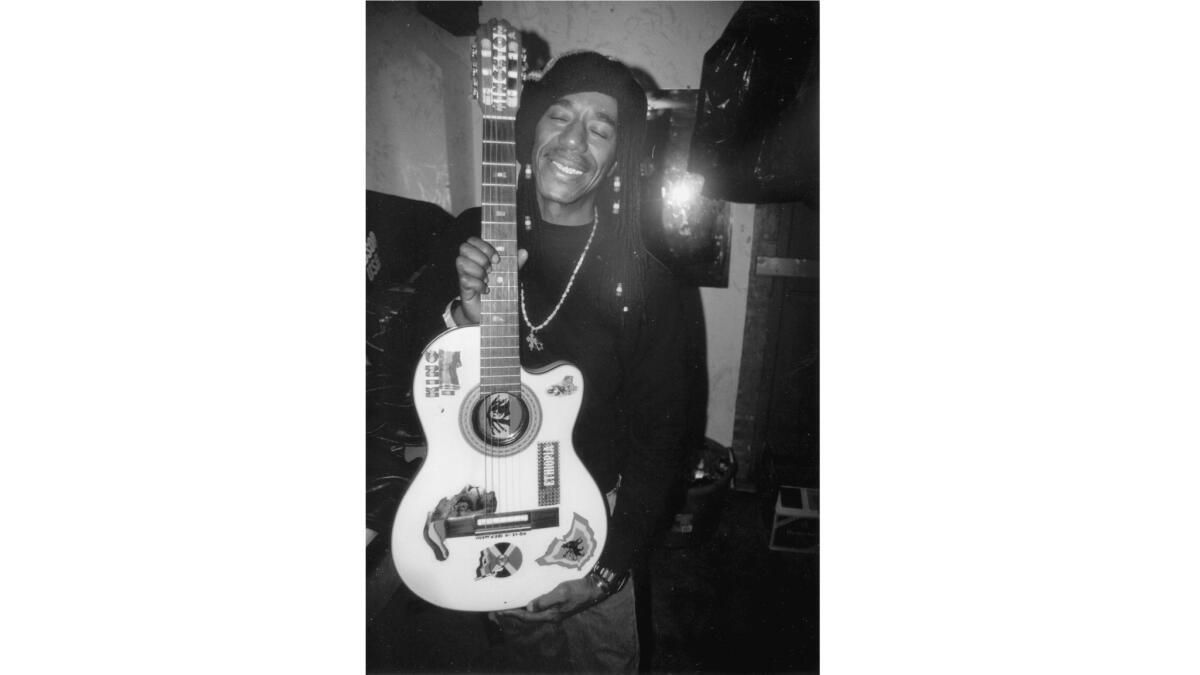
Kate Simon, photographer
“I was down in Kingston in ‘76 shooting Bunny for his album ‘Blackheart Man’… I got out of the pool and there was Bob Marley sitting at one of those tables with tin umbrellas. And that’s when I took the ‘Kaya’ portrait. It wasn’t a formal photo session or anything. I was wearing a swimsuit, that’s how informal it was… Bob’s face is so open, his smile so big, his gaze is so sharp, that the photograph seems to give off light.”
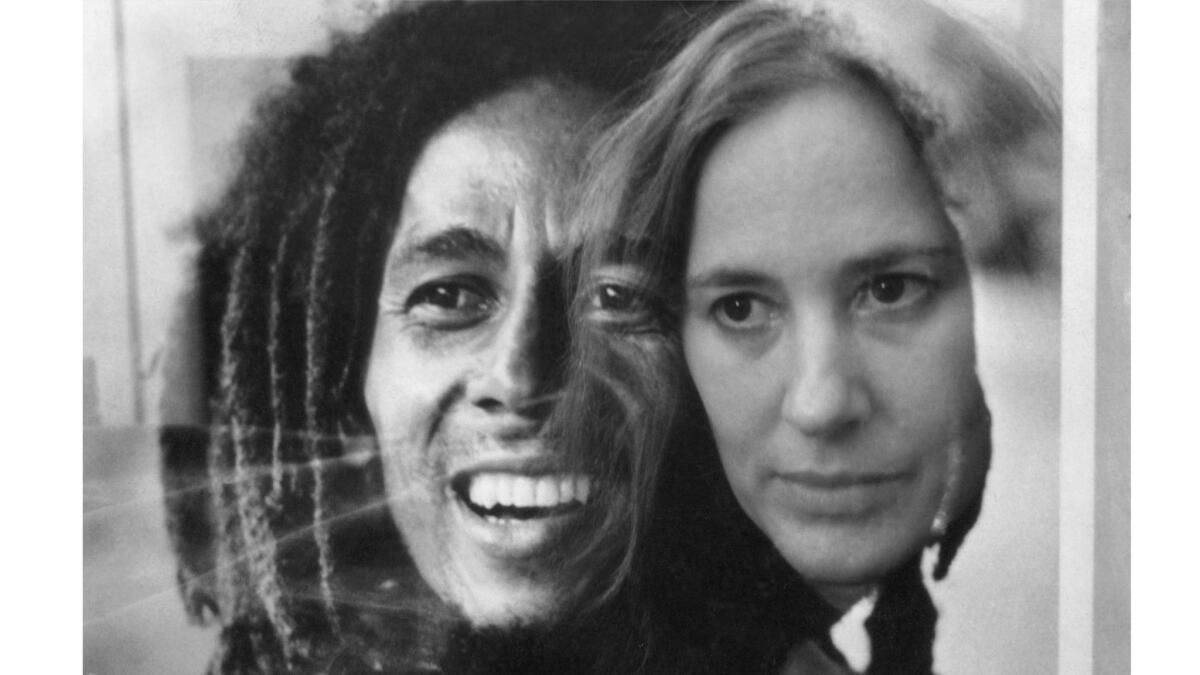
Coxson Dodd, founder of Studio One
“When the Wailers came for audition, all they had was songs done earlier by groups, American Groups… I told them I love the sound of the group, but they need to come with their own material. Well, I played a couple of American recordings, so as to give them the theme, or lyrics, Garnett Mimms and the Enchanters, “Cry Baby,” stuff like that. I’m the one who selected all this stuff for Bob.”
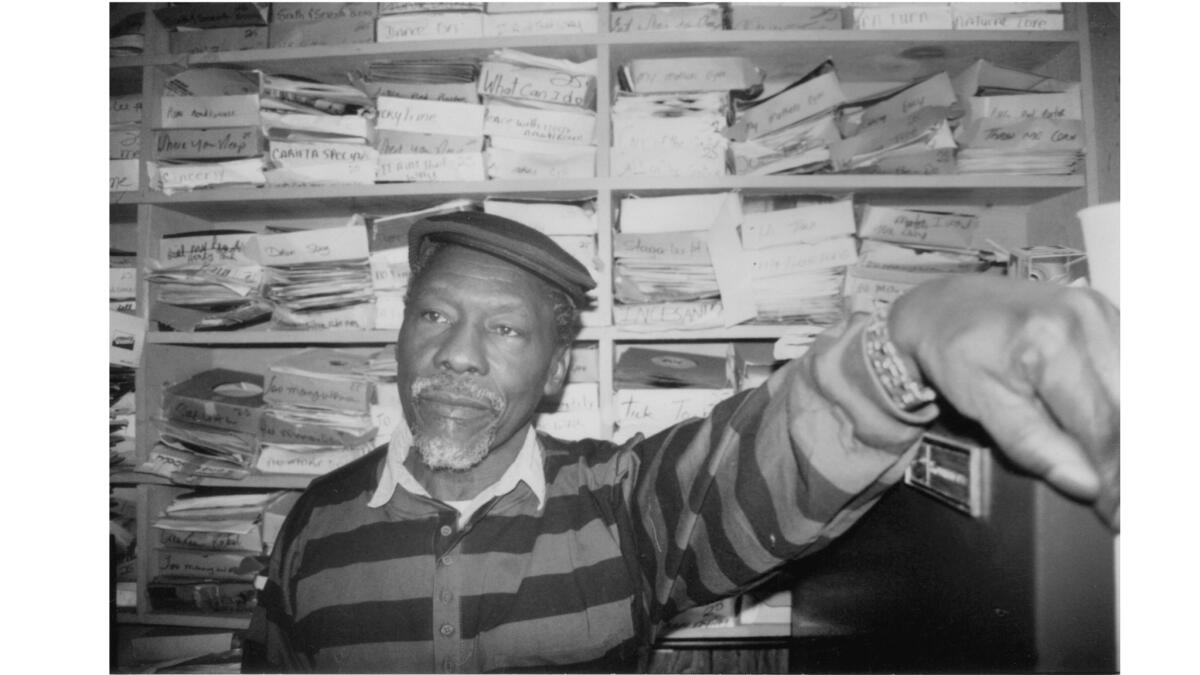
Peter Tosh, Wailer
“The first instrument I ever played was a guitar. I made it out of a piece of board, sardine can, and some plastic line, the plastic you use for fishing. Get good sound too. When I left for Kingston all I took was my little grip, and some food to eat on the way, and meself, and Jah in my heart.”
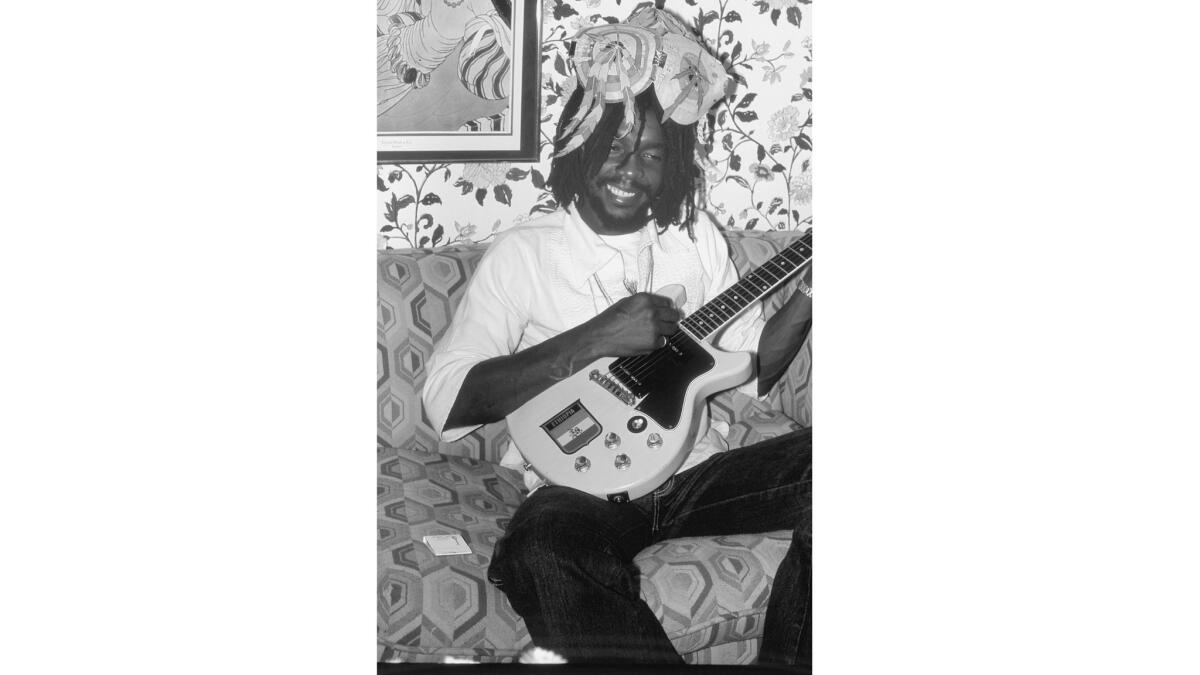
Cindy Breakspeare, Marley’s companion
“I knew from the first time that I ever spoke with him at length, that a deep relationship would change my life permanently… He would offer mango as a gift, or simple little things like that, which I thought were very charming.”
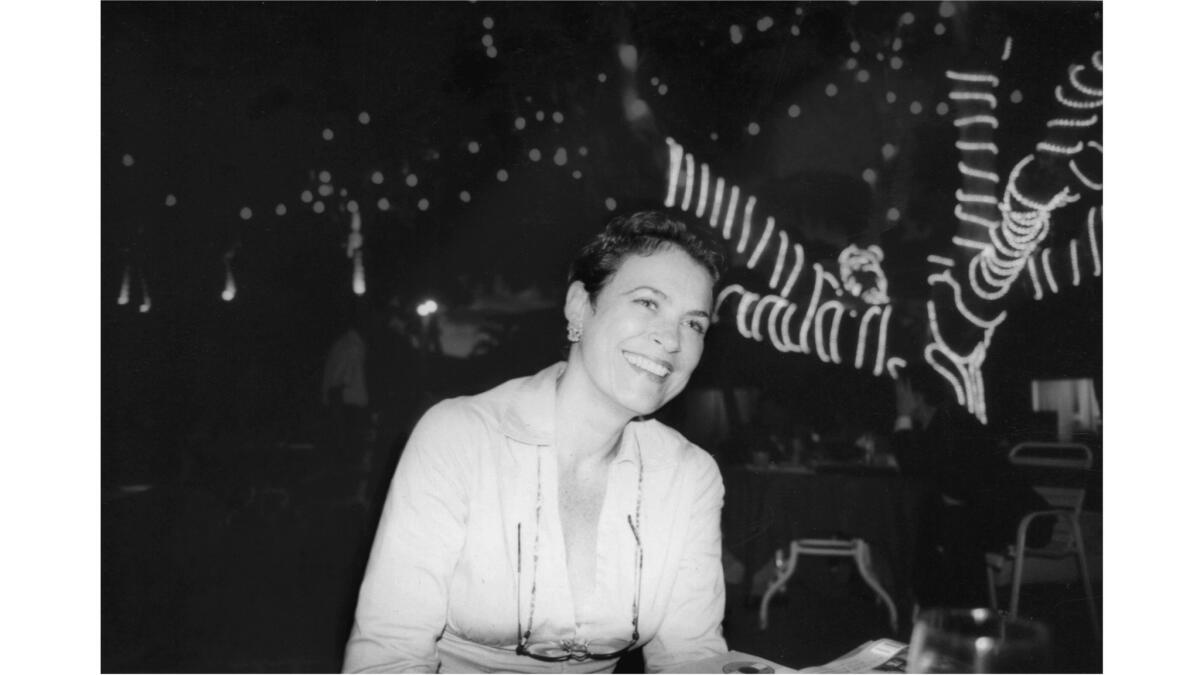
Neville Willoughby, Jamaican broadcaster
“One day I was in one of the studios at JBC and in walks this man… He’s nobody in fancy clothes or anything, and he has the guitar case, almost battered one would say. But he walked like he was somebody, regally, that’s the way to put it, I think. And so I asked, ‘Who is that man?’ And she said, ‘Bob Marley.’”

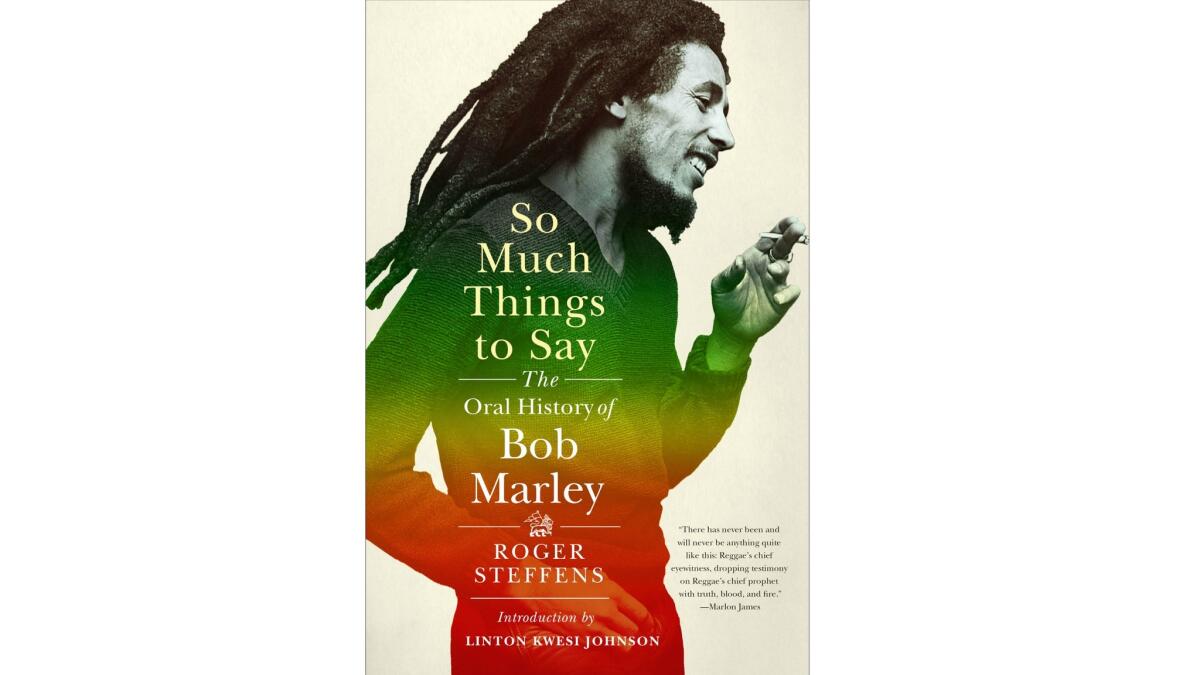
Sign up for our Book Club newsletter
Get the latest news, events and more from the Los Angeles Times Book Club, and help us get L.A. reading and talking.
You may occasionally receive promotional content from the Los Angeles Times.





